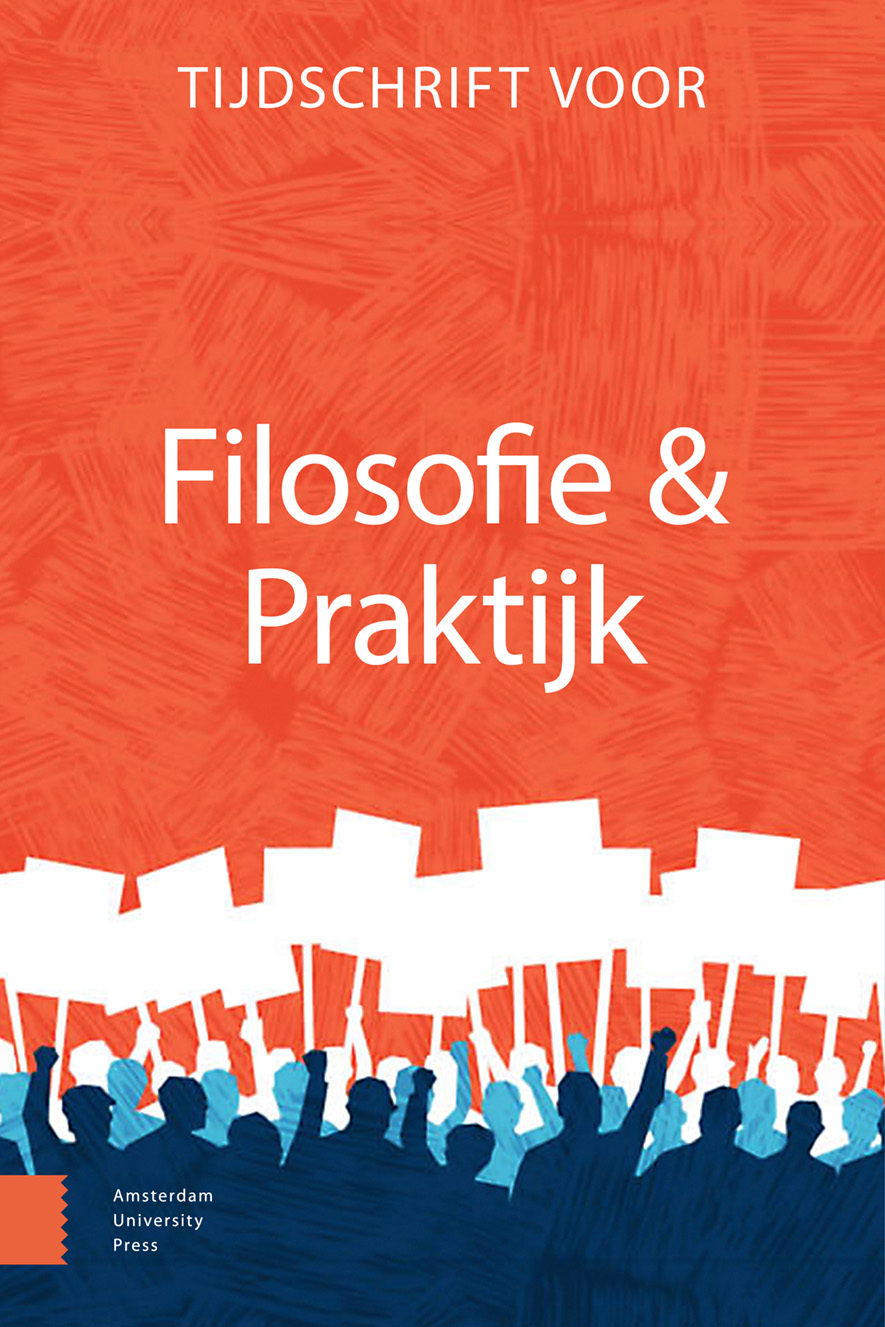-
oa Onder historici. Geschiedwetenschap en historisch onrecht
- Amsterdam University Press
- Source: Filosofie & Praktijk, Volume 44, Issue 2, Sep 2023, p. 202 - 229
-
- 01 Sep 2023
Abstract
Abstract
Is the search for truth of historical science compatible with a moral evaluation of historical events? What should a historian think of the Dutch colonial past including slavery? Pure historical science is based on facts, which does not allow for normative judgements. Historians are, however, open to additional social functions of historiography, such as coming to terms with slavery history. To this end, the historian poses the moral question of guilt. However, pure historiography cannot justify the moral values against which the past should be tested. This is where a normative political-philosophical history of ideas can provide a solution.
© Cees Maris. This is an open access article distributed under the terms of the CC BY-ND 4.0 license. http://creativecommons.org/licenses/by-nd/4.0


